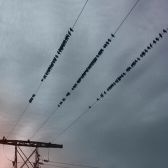Tag:
energy market
Monthly Magazine

How is the structure of electricity production in Poland changing? What emissions are involved? How are raw material prices evolving? Here is a summary of the most important data from the electricity industry. Updated monthly.
20 minutes minutes
Monthly Magazine
How is the structure of electricity production in Poland changing? What emissions are involved? How are raw material prices evolving? Here is a summary of the most important data from the electricity industry. Updated monthly.
20 minutes minutes

How to escape the household energy price trap?

Household electricity prices in recent months bore little relation to real production costs, were kept artificially low and treated as an interface with voters. State intervention in this area was necessary in 2022 due to unprecedented price increases on the markets. If the price-freezing mechanisms expire as planned at the end of 2023, electricity prices for households could rise by up to 68% in January. The impact of price spikes should be mitigated. We are proposing a package of solutions: an energy voucher, support for distribution tariffs, additional money for improving the energy efficiency of buildings and a special tariff for heating buildings with electricity.
1 minutes minutes
How to escape the household energy price trap?
Household electricity prices in recent months bore little relation to real production costs, were kept artificially low and treated as an interface with voters. State intervention in this area was necessary in 2022 due to unprecedented price increases on the markets. If the price-freezing mechanisms expire as planned at the end of 2023, electricity prices for households could rise by up to 68% in January. The impact of price spikes should be mitigated. We are proposing a package of solutions: an energy voucher, support for distribution tariffs, additional money for improving the energy efficiency of buildings and a special tariff for heating buildings with electricity.
1 minutes minutes

Electricity market design: one size won’t fit all

The energy crisis has highlighted imperfections in the EU power market. The current rules were created almost 30 years ago with the aim to incentivise large conventional power plants, but they now need to be adapted to new challenges.
2 minutes minutes
Electricity market design: one size won’t fit all
The energy crisis has highlighted imperfections in the EU power market. The current rules were created almost 30 years ago with the aim to incentivise large conventional power plants, but they now need to be adapted to new challenges.
2 minutes minutes
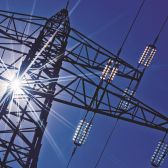
Is the Kremlin turning off the gas tap? Time to exclude gas and coal from households
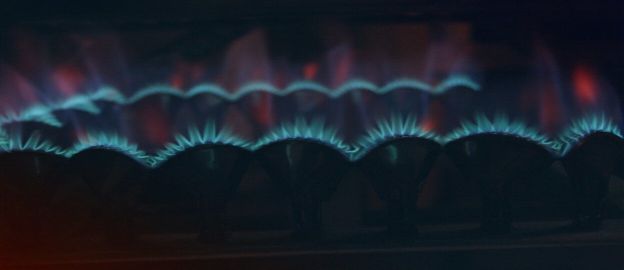
How to prepare households for an energy war with Russia? Gazprom is suspending gas supplies to Poland under the Yamal contract. This is no great surprise. At the end of this year, Poland was going to give up buying Russian gas anyway. Physically, there is unlikely to be a shortage of gas, but Poland is entering a period of high prices, which will limit the use of this raw material. The role of the state should be to wisely support society in smoothly passing through the crisis. Without reducing demand in sectors where it is possible, this will be difficult.
26 minutes minutes
Is the Kremlin turning off the gas tap? Time to exclude gas and coal from households
How to prepare households for an energy war with Russia? Gazprom is suspending gas supplies to Poland under the Yamal contract. This is no great surprise. At the end of this year, Poland was going to give up buying Russian gas anyway. Physically, there is unlikely to be a shortage of gas, but Poland is entering a period of high prices, which will limit the use of this raw material. The role of the state should be to wisely support society in smoothly passing through the crisis. Without reducing demand in sectors where it is possible, this will be difficult.
26 minutes minutes

Ukraine's Power System: Peace and War
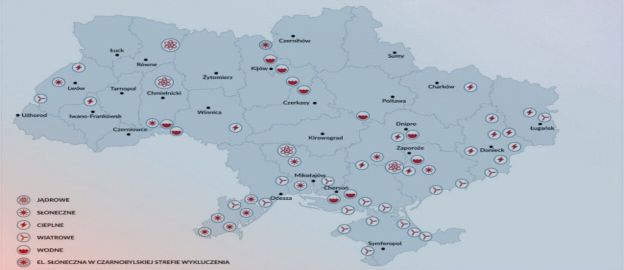
On 16 March, Ukraine was synchronised with the electricity grid of continental Europe, bidding a permanent farewell to the systems of Russia and Belarus. The connection took place in an urgent and emergency procedure. This is an important step towards sustainable cooperation with the European Union. But today, in Ukraine, there is first and foremost a warfare, as well as an energy war, which is no less important for the lives of the civilian population of Ukraine and Europe as a whole.
15 minutes minutes
Ukraine's Power System: Peace and War
On 16 March, Ukraine was synchronised with the electricity grid of continental Europe, bidding a permanent farewell to the systems of Russia and Belarus. The connection took place in an urgent and emergency procedure. This is an important step towards sustainable cooperation with the European Union. But today, in Ukraine, there is first and foremost a warfare, as well as an energy war, which is no less important for the lives of the civilian population of Ukraine and Europe as a whole.
15 minutes minutes
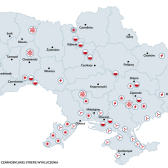
The capacity market in Poland―more expensive than ever

Poland has already held six power auctions. Analysis of their results shows that this mechanism in its current form is not an optimum solution for the country. The capacity market has proved more expensive than anticipated, has failed to curb the increase in electricity prices and, in addition, has contributed to the petrification of the outdated and coal-based generation structure. The arduous task of plugging the coal gap has only just begun, which is why decisions on modernisation and on methods for supporting capacity up to 2030 must be taken urgently.
9 minutes minutes
The capacity market in Poland―more expensive than ever
Poland has already held six power auctions. Analysis of their results shows that this mechanism in its current form is not an optimum solution for the country. The capacity market has proved more expensive than anticipated, has failed to curb the increase in electricity prices and, in addition, has contributed to the petrification of the outdated and coal-based generation structure. The arduous task of plugging the coal gap has only just begun, which is why decisions on modernisation and on methods for supporting capacity up to 2030 must be taken urgently.
9 minutes minutes
